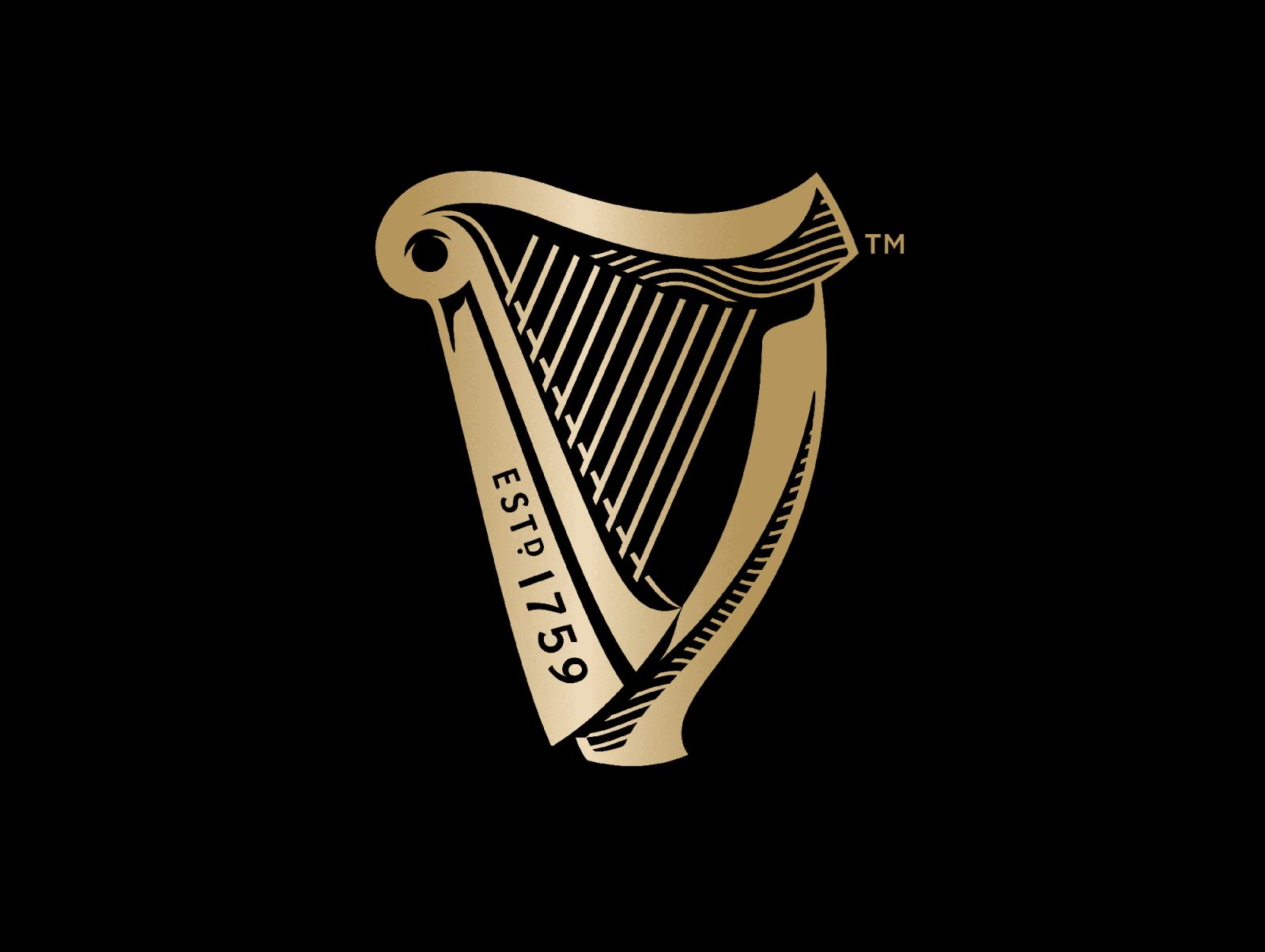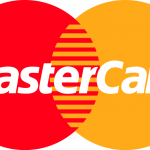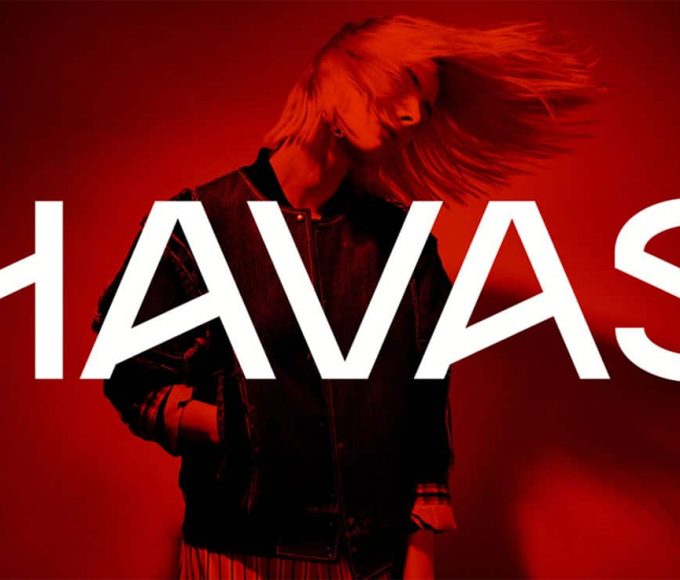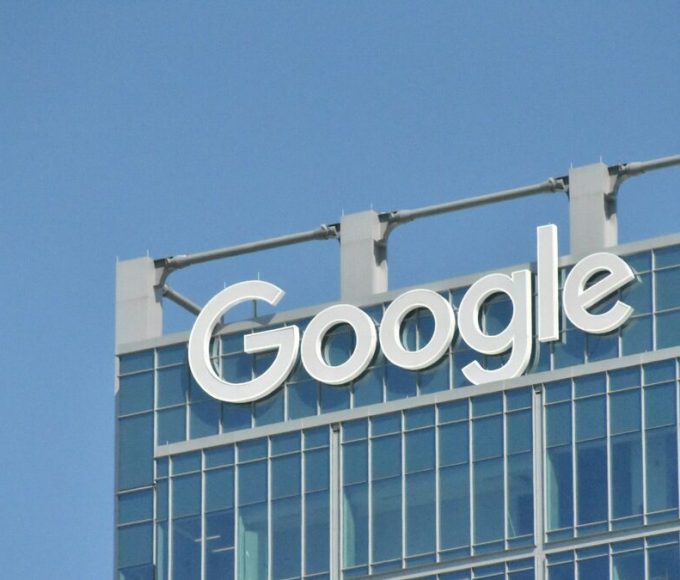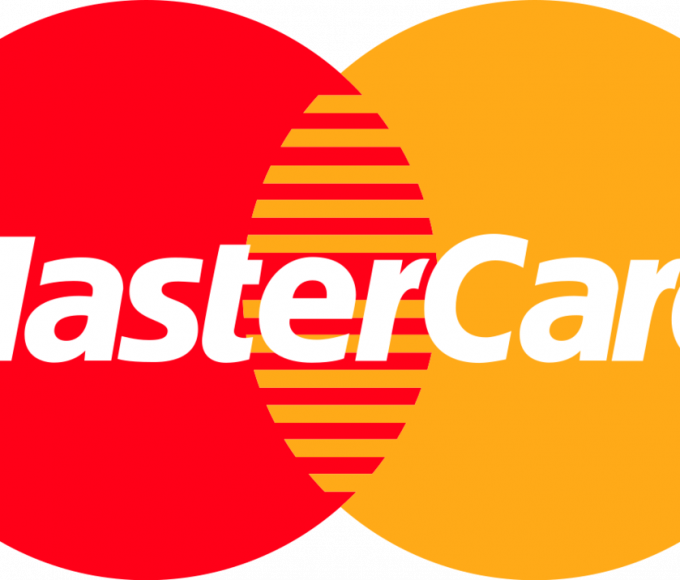The sudden departure of Diageo’s CEO highlights investor frustration, sluggish sales, and the push for leaner, more disciplined marketing.
Debra Crew has left the company after less than a year leading the global spirits firm, which is now accelerating plans to cut $500 million in costs and divest underperforming brands. While dramatic, the move reflects mounting pressure to restore confidence and stabilize performance.
Shares have fallen sharply since Crew took the role, and even the strength of key flagship brands could not mask the decline. Her exit “by mutual agreement” signals the urgency with which the company must address strategy and investor concerns.
Structural Challenges
As one of the world’s largest spirits companies, Diageo’s portfolio includes renowned names like Johnnie Walker, Smirnoff, and Gordon’s Gin. Yet even with a strong heritage, the business is struggling to adapt to changing consumer behaviors.
The surge in at-home consumption during the pandemic drove record sales, but these gains were temporary. As social habits shifted and consumer budgets tightened, revenue growth slowed. Overproduction and economic pressures in some regions created inventory challenges that will take time to resolve.
Even in its key markets, high inflation has weighed on household spending. Recent results showed sales declines in major markets, highlighting the impact of broader economic pressures. Analysts have also noted the company’s slow adaptation to changing tastes, especially among younger consumers who are showing less interest in alcohol.
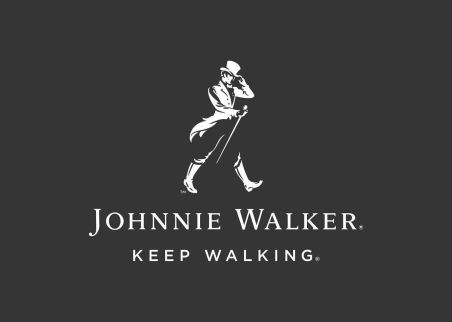
Leadership and Stock Pressures
Crew was an internal promotion, previously overseeing North America and serving as COO. Her background, including experience in major consumer goods companies, appeared well-suited for the role. Yet under her tenure, the company faced its steepest stock drops in decades and issued profit warnings that spooked investors.
By May, Diageo had announced $500 million in cuts to reassure shareholders. Sources suggest that while the company was healthy when Crew took over, the challenges of a tougher market environment required a different approach.
Interim Leadership
Chief Financial Officer Nik Jhangiani steps in as interim CEO. New to the company, he brings a reputation for disciplined financial management and investor confidence. The cost-cutting measures and targeted divestitures are part of a broader effort to stabilize margins, but analysts note that trimming expenses alone will not spark long-term growth.
Diageo faces fundamental questions about consumer demand, brand relevance, and pricing strategies in a market where trading-down trends and evolving drinking habits present ongoing challenges.
Industry-Wide Headwinds
Diageo is not alone in confronting these pressures. Other leading spirits companies have reported leadership changes, restructuring, and profit warnings. High borrowing costs, inflation, and shifting preferences toward low- or no-alcohol options are reshaping the sector. Even external factors, such as health trends that reduce alcohol consumption, are influencing investor decisions.

Marketing Implications
For marketers, Diageo’s shake-up signals a new era of scrutiny over spending. The $500 million cost-reduction plan suggests tighter marketing budgets, leaner agency engagements, and increased expectations for measurable ROI. Agencies must demonstrate clear value rather than rely on longstanding relationships.
At the same time, the company’s core brands remain strong, underpinned by creative positioning and premium experiences. Marketing strategies that reinforce brand heritage, innovate around low- and no-alcohol products, and align with sustainability commitments will be critical to maintaining relevance and driving growth in a challenging market.

